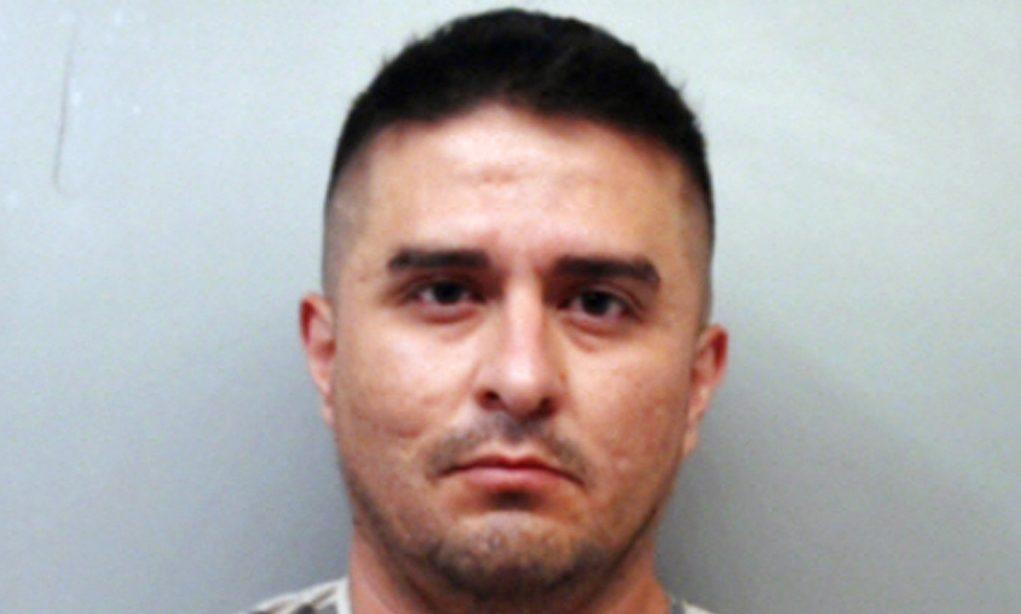DALLAS (AP) — A U.S. Border Patrol agent who confessed to killing four sex workers told investigators he wanted to “clean up the streets” of his Texas border hometown, a prosecutor said on Dec. 5 while announcing that a grand jury had indicted the man for capital murder.
Webb County District Attorney Isidro Alaniz said he will seek the death penalty for the September slayings and that evidence presented to the grand jury showed Juan David Ortiz killed the women “in a cold, callous, and calculating way.”





